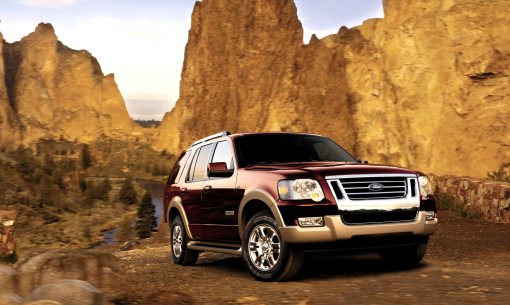Ford last week announced that it’s started a research project that examines hydrogen as a potential energy source for its E-Transit commercial vans.
The three-year trial project, based in the UK, will look at whether it can deliver “enhanced zero-emission-driving range for E-Transit customers with energy-intensive use cases.” The wording of that appears to suggest that the test might use hydrogen as a range extender for a battery-electric van, but the company didn’t clarify yet on the layout of the vehicle.
According to Ford, a test fleet of eight hydrogen fuel-cell E-Transit vans will run for six-month periods, with data looking at the cost of ownership with enhanced range and uptime that it says would match that of a diesel van.
Ford hydrogen fuel-cell E-Transit trial (UK)
The work, partly funded by the UK’s Advanced Propulsion Centre, will essentially see if the technology makes sense in Ford’s heaviest commercial vans.
While battery electric vans might make fine sense for last-mile delivery, Ford says that fuel-cell tech could be useful for longer-distance transportation or heavy loads, or for cargo-chilling needs or limited charging opportunities. The U.S.-market E-Transit, with its 68-kwh battery pack, has an estimated EPA-cycle range of 126 miles, assuming the van is moderately but not fully loaded.
The automaker points out that its research on fuel-cell technology goes back to the 1990s. In the U.S. it was one of the first companies to essentially abandon its hydrogen program in the mid-2000s—not long after showing a fuel-cell-powered Ford Explorer prototype in 2006—amid a hydrogen boom that kept some companies very bullish on the technology until 2009 or so. Another such boom, fed partly by policy, may be underway.

New Ford fuel cell Explorer and Escape Hybrid headed for L.A.
Although many automakers have essentially said that fuel-cell tech’s window of opportunity has passed for light vehicles, a number of automakers see a future for it in heavier vehicles. Toyota and Honda, for instance, have recently broadened their fuel-cell semi plans for the U.S.
In Europe, Ford says that it’s still involved in a number of hydrogen projects, including the use of hydrogen in internal combustion engine vehicles.
